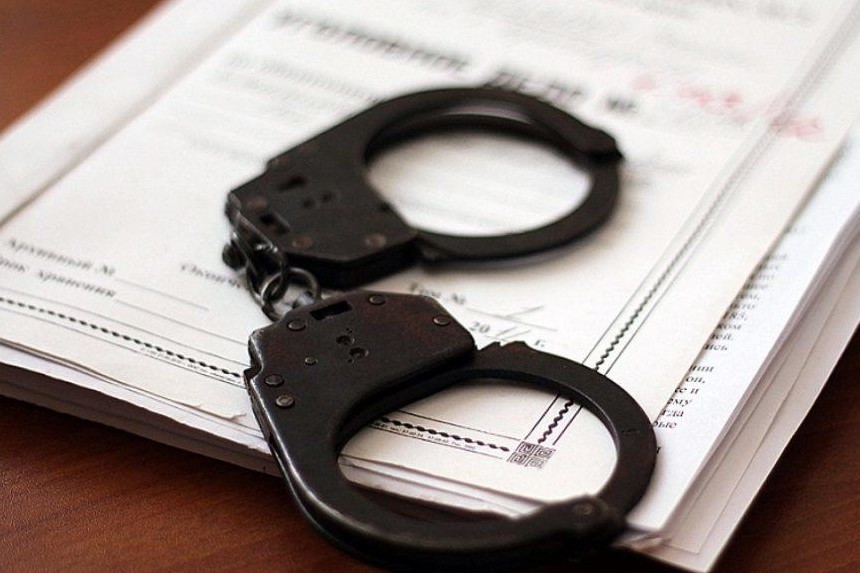I am studying in the third year of the State University of Economics and Technology.I specialize in contractual, economic and corporate law, in particular, I provide consultations and write articles.
An investigative experiment in criminal proceedings is a research method by which the parties to the case, the investigator, lawyers and other participants can reproduce certain circumstances of the crime or event in order to obtain additional evidence, establish facts or test hypotheses. The essence of an investigative experiment is to recreate a certain situation or event that happened in the past, for example, a crime scene, a traffic accident, or another circumstance that is relevant to criminal proceedings. During the experiment, reconstruction of events, reconstruction of actions of persons, checking of possible routes of movement, etc. can be carried out. This method can be useful for collecting additional evidence, testing assumptions, reconstructing the sequence of events, and also for identifying possible flaws in the investigation.
Features of conducting an investigative experiment:
Reasons: The main reason for conducting an investigative experiment is the need to find out the possibility of perceiving any phenomena, performing a certain action, finding out the possibility of overcoming a certain distance in a certain period of time, tracking the mechanism of events, establishing details, etc.
The main procedural features of the investigative experiment in Ukraine include the following aspects:
Conducting with the permission of the court: Usually, the investigative experiment is carried out with the permission of the court, which decides the question of the necessity and permission to conduct the experiment.
Participation of the parties: During the investigative experiment, the parties to the criminal proceedings, lawyers, as well as other participants in the case may participate, subject to the appropriate permission.
Recording of the results: The results of the investigative experiment are recorded in the protocol, which is drawn up in accordance with the established rules and forms.
Ensuring the safety and rights of participants: Conducting an investigative experiment must ensure the safety and rights of participants, including by providing the necessary conditions for effective research.
Probative value: The results of an investigative experiment can be important as evidence in criminal proceedings, but their probative weight is assessed by the court along with other evidence in the case.
Stages of an investigative experiment:
Preparation of documentation: Preparation of the necessary documentation, in particular, the protocol of the experiment and other information characterizing the process.
Reenactment: A specialist may also be involved in the conducting process if it is necessary to further explain the possibility or impossibility of a person performing specific actions, or if it is planned to conduct experiments that require specialized knowledge as part of the experiment. Persons present during the experiment have the right to express suggestions and comments. If the experiment is carried out in a person's home or other property, then obtaining consent from such a person is a necessary condition for its conduct.
Recording of results: Documentation of all actions and obtained results in the experiment protocol. The protocol is signed by all participants of the investigative action. If things and documents were removed during the experiment, this fact is reflected in the protocol.
Legal opinion of a lawyer during investigative actions:
According to the Criminal Procedure Code, a criminal lawyer has the right to participate in investigative actions with the participation of his client. Since control over the actions of the prosecution, prevention of violation of the suspect's rights and freedoms are key, the lawyer in criminal cases plays an exclusive role. Entering comments to the protocol, preventing violations of the client's rights, challenging illegal actions, legal analysis of the situation and analysis of documents - all these are the main duties performed by a lawyer consultation in criminal cases.





























